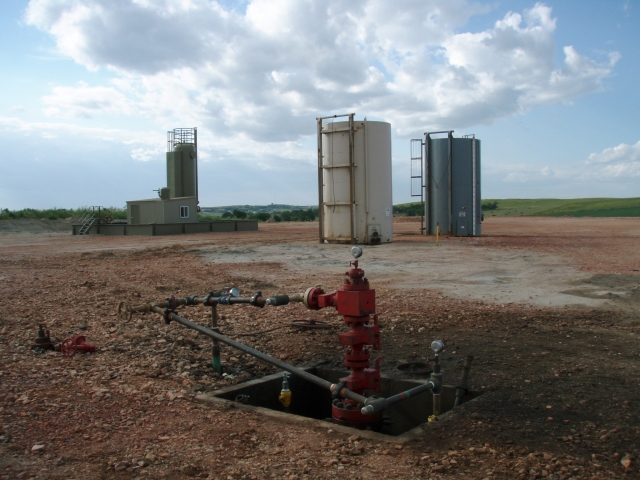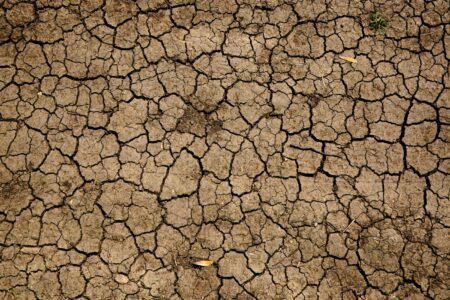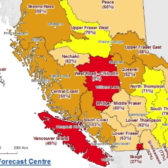Excessive concerns over fracking-related seismic activity, water contamination not supported by research
The risks of hydraulic fracturing — the practice of injecting sand, water, and a relatively small quantity of chemicals deep underground at high pressures to extract fossil fuels — are readily manageable with existing technologies and best practices, finds a new study released today by the Fraser Institute, an independent, non-partisan Canadian public policy think-tank.
The study, Managing the Risks of Hydraulic Fracturing: An Update, builds on a 2014 Fraser Institute report providing a comprehensive analysis of the latest government and academic research about hydraulic fracturing (sometimes referred to as ‘fracking’).
“Canada has tremendous potential to produce oil and gas from shale using hydraulic fracturing. Regrettably, unsubstantiated fears have resulted in fracking bans in several provinces, preventing the extraction of resources that could generate significant wealth, employment and prosperity for Canadians,” said Kenneth Green, senior director with the Centre for Natural Resource Studies at the Fraser Institute.
While there are risks associated with any type resource extraction, the study finds that the risks associated with fracking are manageable and do not justify outright bans.
For example, risks involving water are often at the centre of the debate over fracking: Those opposed to the practice argue that, because it involves injecting chemicals into the ground, there’s a potential that it could contaminate nearby drinking water.
But a multi-year major study by the U.S. Environmental Protection Agency, released earlier this year, found “no evidence” that fracking had led to “widespread systematic impacts on water resources in the United States.”
“In the small number of isolated instances where there was contamination, poorly constructed water wells or improper handling of wastewater were often to blame,” Green said.
The study also spotlights the relationship between hydraulic fracturing and air quality.
Again, the research from respected sources suggests that those concerns may be overblown.
A 2014 report commissioned by the B.C. Ministry of Health concluded that the potential for adverse health effects in relation to oil and gas air emissions, including emissions from fracturing in northeastern British Columbia, was low.
The same report noted that the province’s existing regulatory framework is “extensive and broadly protective of human health.”
Finally, regarding earthquakes — the new rallying-cry for anti-fracking activists — the study notes that, while hydraulic fracturing can cause some seismic activity, the vast majority of earthquakes are of such low magnitude, they are barely noticeable.
Moreover, the number of earthquakes caused by fracking is much lower relative to other resource extraction methods including mining and oil and gas field depletion.
“Canada already has robust regulatory process that covers the entire range of hydraulic fracturing processes at both the federal and provincial level,” Green said.
“While more research into the environmental impacts of hydraulic fracturing is needed, bans against the fracking are not justifiable when you look at the latest research.”

























